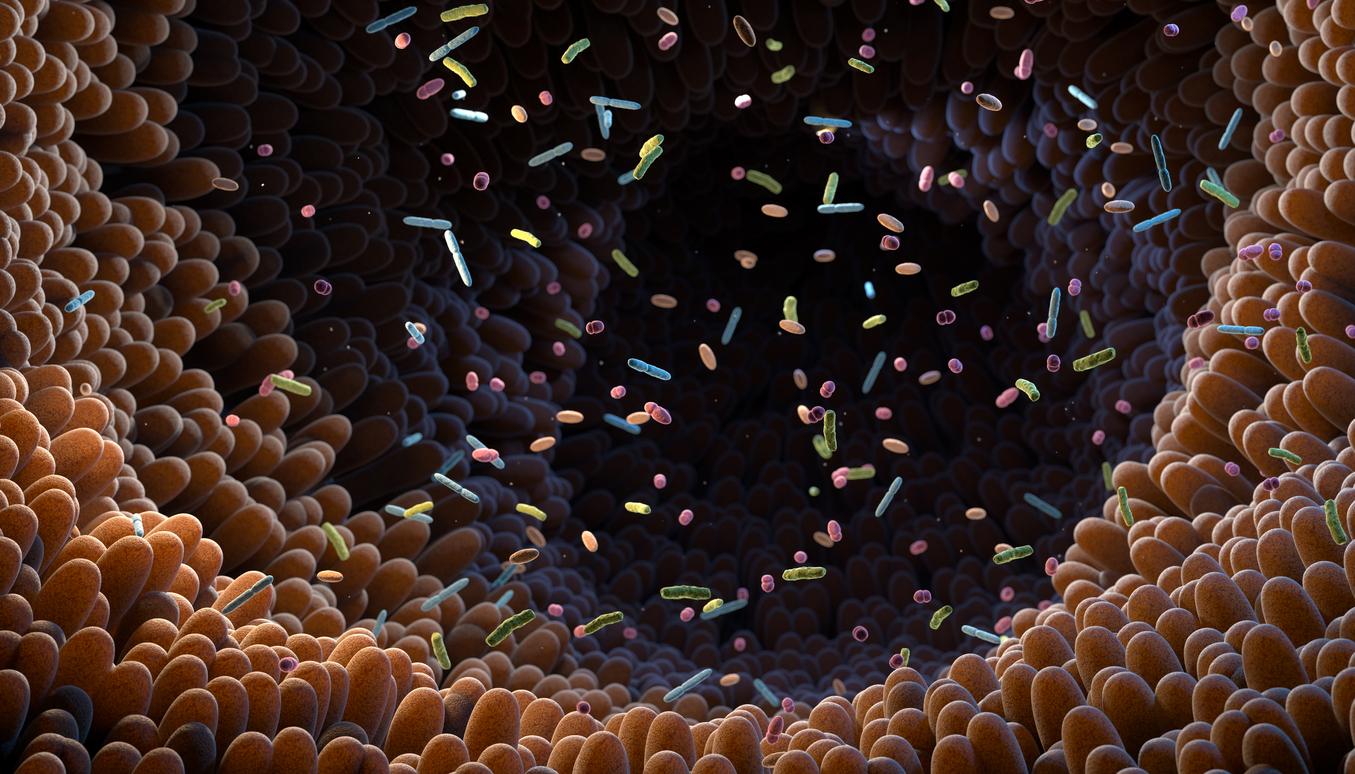The sesame antibody test – the usefulness of which is still controversial – can accurately predict whether a child with food allergies is also allergic to sesame.
-1573138807.jpg)
Sesame allergy is one of the 10 most common food allergies in children. According to a National Institute of Allergy and Infectious Diseases (NIAID) study published in the journal Pediatric Allergy and Immunology, 20 to 30% of children are allergic to sesame. This is why it is necessary to optimize the recognition and diagnosis of this allergy.
“Given the frequency of sesame allergies in children with other food allergies, it is important to exercise caution where possible when exposing these children to sesame,” said NIAID director Anthony Fauci. Clinicians and parents have struggled to determine if a child is truly allergic to sesame.”
Sesame sensitivity test
Standard allergy tests (such as the skin prick test and the allergen-specific antibody test), have not always been able to predict an allergic reaction to sesame. For their study, the NIAID researchers proceeded differently. The researchers selected 119 allergic children whose sesame tolerance was unknown. Under medical supervision, they made them ingest increasing doses of sesame, in order to observe possible allergic reactions. Scientists found that 15 out of 119 children (or 13%) were allergic to sesame, 73 (61%) were tolerant to sesame, and sesame allergic status could not be determined for 31 (26%) children, mainly because that they refused to submit to the test. Among the 88 children whose sesame allergic status was confirmed, 17% were allergic to sesame. In addition, the scientists measured the amount of immunoglobulin E (sIgE) present in their blood, an antibody specific to sesame.
In France, a mandatory mention for sesame
With this data, the researchers developed a mathematical model to predict the likelihood of a food-allergic child being allergic to sesame. By applying this model, the researchers found that children with more than 29.4 kilograms of international units of sIgE per liter of serum have a greater than 50% chance of being allergic to sesame. However, this model still needs to be validated by additional studies before it can be used in clinical practice.
Due to its allergenic nature, in France, sesame is part of the list of 14 ingredients whose mention is mandatory on preparations that contain it, in the same way as nuts or dairy products for example, as recalled the French Association for the Prevention of Allergies (Afpral) on his site.
















